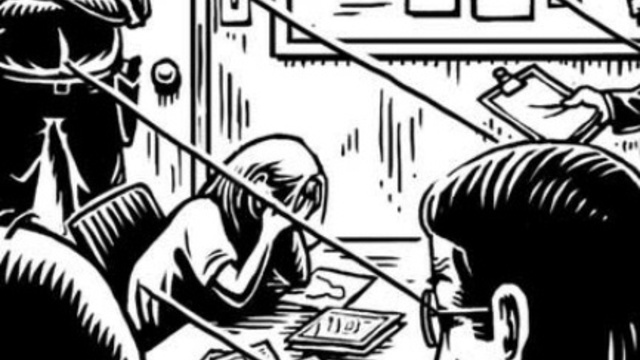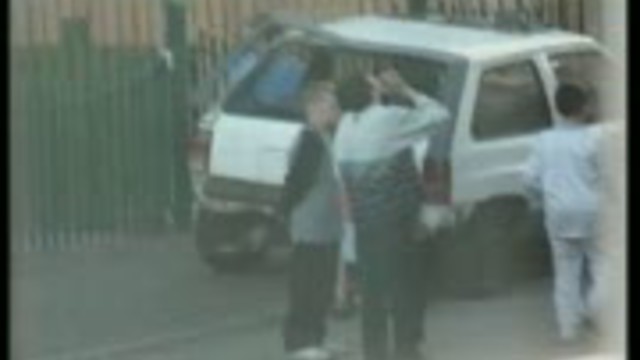article
The antiwar demonstrations of February 15, 2003 proved it: theself-organization of free singularities is possible on a planetaryscale. And that was an event, despite all that followed. In amanifesto-text written just after those demonstrations, I used thelanguage of Negri and Hardt to say that the multitudes could create arift in Empire. In a context where the Aristocracy (the greattransnational companies) had been weakened by a string of financialdisasters, where the Monarchy (the political and military command ofthe earth) had fallen apart in serious dissension, I wanted toencourage the democratic action of the Plebe, against the scorn of theAmerican, British, Spanish and Italian leaders. It was a moment thathad multiplied the world's political stages, overflowing thetraditional mechanisms of representation.
Read


